What are the Symptoms of Alzheimer's Disease?
Alzheimer's, a degenerative brain disorder, can bring about subtle. yet progressive changes, in your thinking abilities and behavior. It can start during different ages of life.
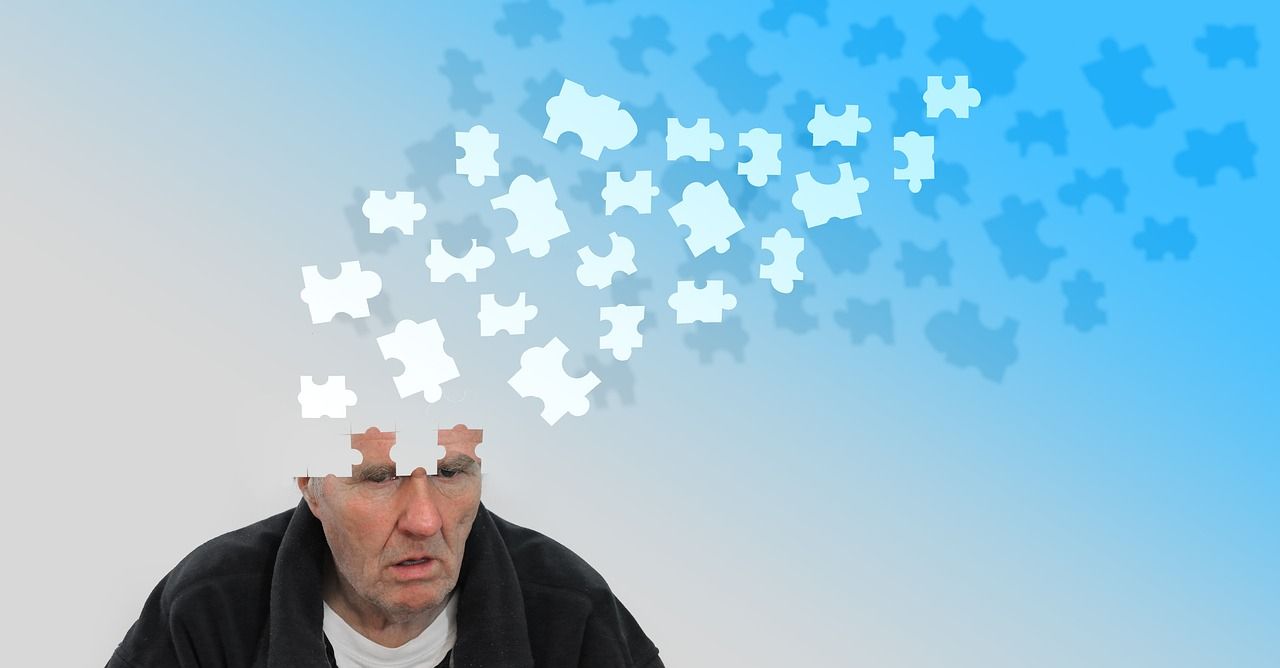
Alzheimer's, a degenerative brain disorder, can bring about subtle yet progressive changes in your thinking abilities and behavior. First signs may include memory problems or difficulty finding the right word. As the disease progresses, trouble understanding visual images and spatial relationships could become more challenging. Confusion and behavioral changes interfering with daily activity may arise as well.
Alzheimer disease is a progressive disorder of the brain, it can start during different ages of life. Late-onset Alzheimer's disease typically starts in later stages of life, in the mid 60s or later. I want to note here that developing dementia is not a normal aging process. On average, a person with Alzheimer's lives four to eight years after diagnosis, There are some that can live as long as 20 years, depending on other medical conditions.
Early-onset alzheimer's disease (although very rare) appears as early as 30 years old. Research shows profound changes forming within the brain over 10+ years before memory and thinking problems appear in most related dementias.
Risk factors for Developing Alzheimer's Disease
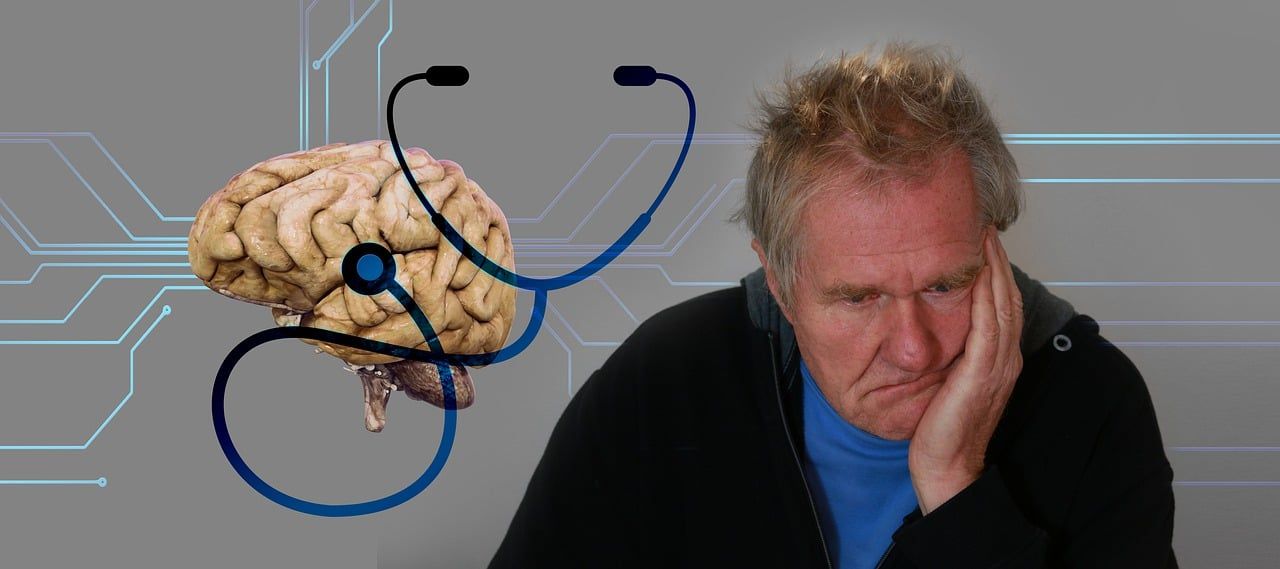
As we age, our risk of Alzheimer's disease increases. Certain mutations to the gene can also increase your chances, as well as other factors like head trauma and untreated depression. Additionally, specific medical conditions such hypertension or diabetes may raise the likelihood you could find yourself dealing with this debilitating condition in years ahead.
Researchers believe two proteins, called amyloid plaques early signs of alzheimers. These proteins accumulate slowly until they reach levels that block brain signals between neurons and fatally damage brain cells. Ultimately the brain changes lead to a decline in cognition, behavior and personality functions
What is Mild Cognitive Impairment?
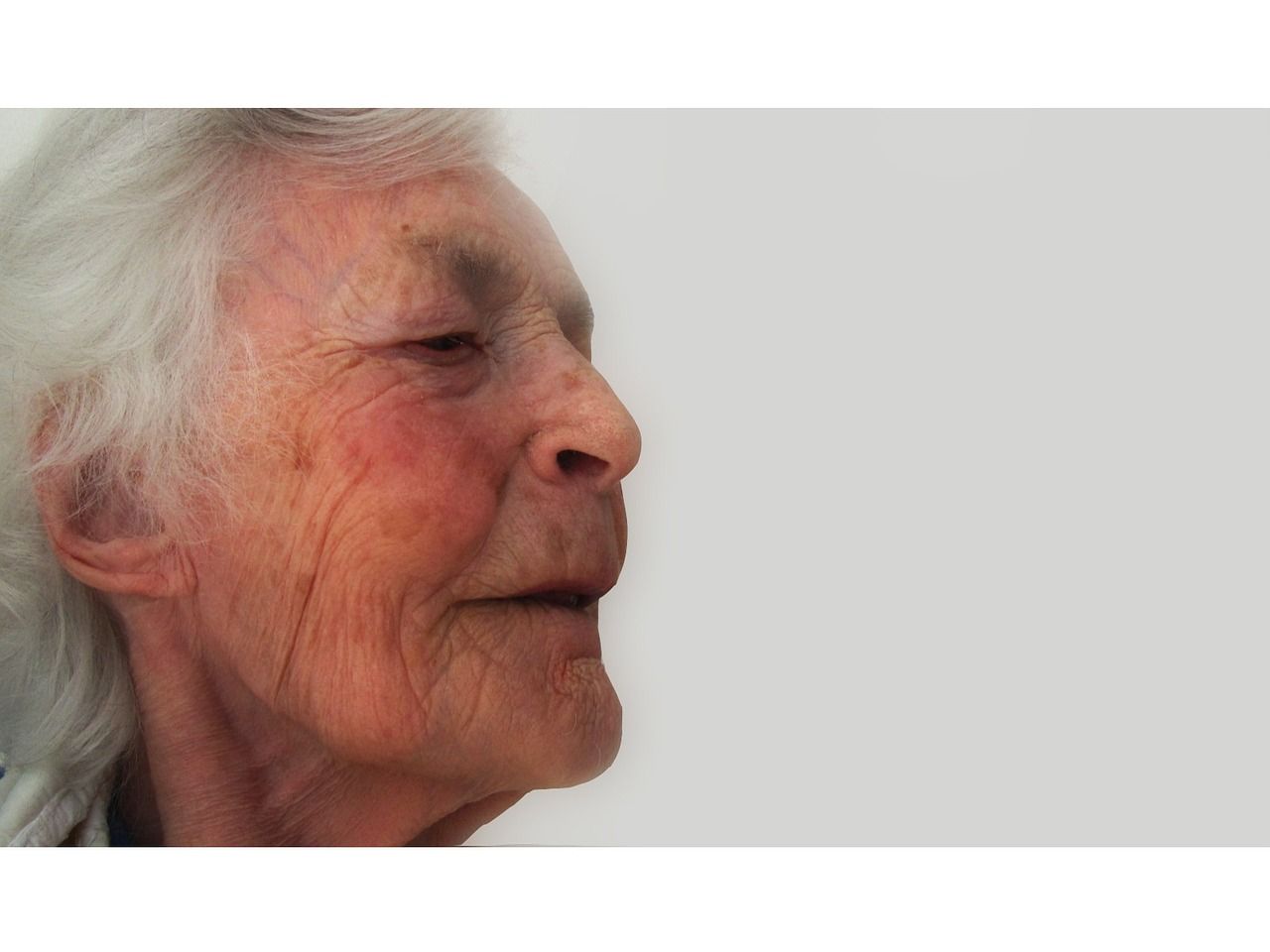
Now I'd like to tell you about Mild Cognitive Impairment. This is a memory disorder that occurs as we age. It is a normal part of aging. As we age, we take a little longer to process information , retrieve a memory or have the occasional word finding problem. Mild cognitive impairment can be a precursor to developing alzheimer's disease. However, not everyone that has mild cognitive impairment will develop Alzheimer's dementia.
As Alzheimer's Disease progresses, loved ones may notice subtle, yet significant changes in a person. Memory loss that disrupts daily life and impaired judgment leading to bad decisions are the first symptoms as are difficulty completing normal daily tasks like bathing or have trouble handling money or paying bills.
Early Signs of Alzheimer's Disease
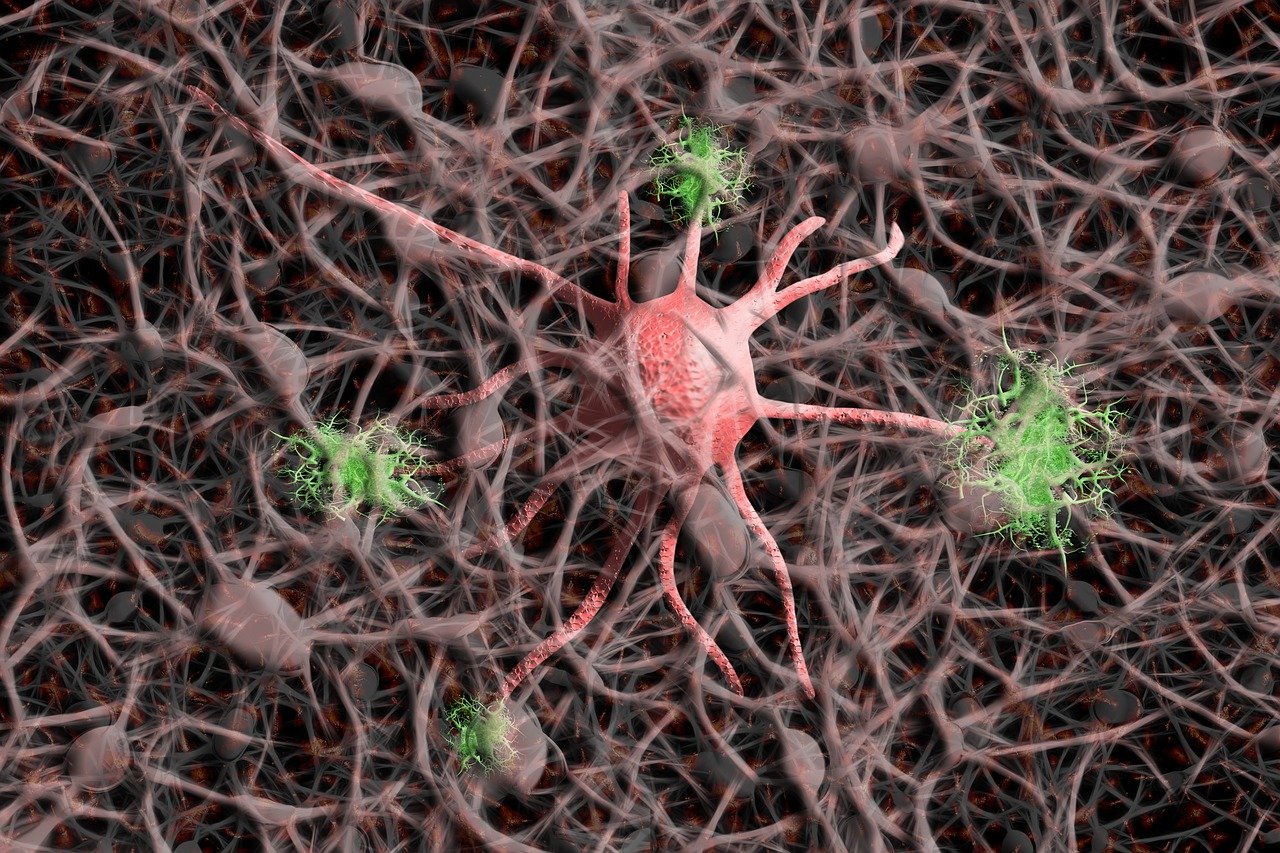
In the early symptoms of Alzheimer's disease a person’s sense of spontaneity or their ability to initiate a task will decrease. I know many family members tell me that the first thing they observed in person with alzheimer's disease was lack of interest in life. They became listless and apathetic. Most people dismiss these symptoms of Alzheimer's disease as depression or laziness.
As the person's ability to finish familiar tasks takes longer and a their family member starts to misplacing things, they start to realize that something is wrong. They may repeat questions often along the way due to memory loss. This occurs because they lose the ability retain information. Additionally, forgetting events or trouble finding a familiar place paired with challenges solving problems can lead an individual toward wandering off and getting lost needlessly .
A Story of Early Signs of Alzheimer's
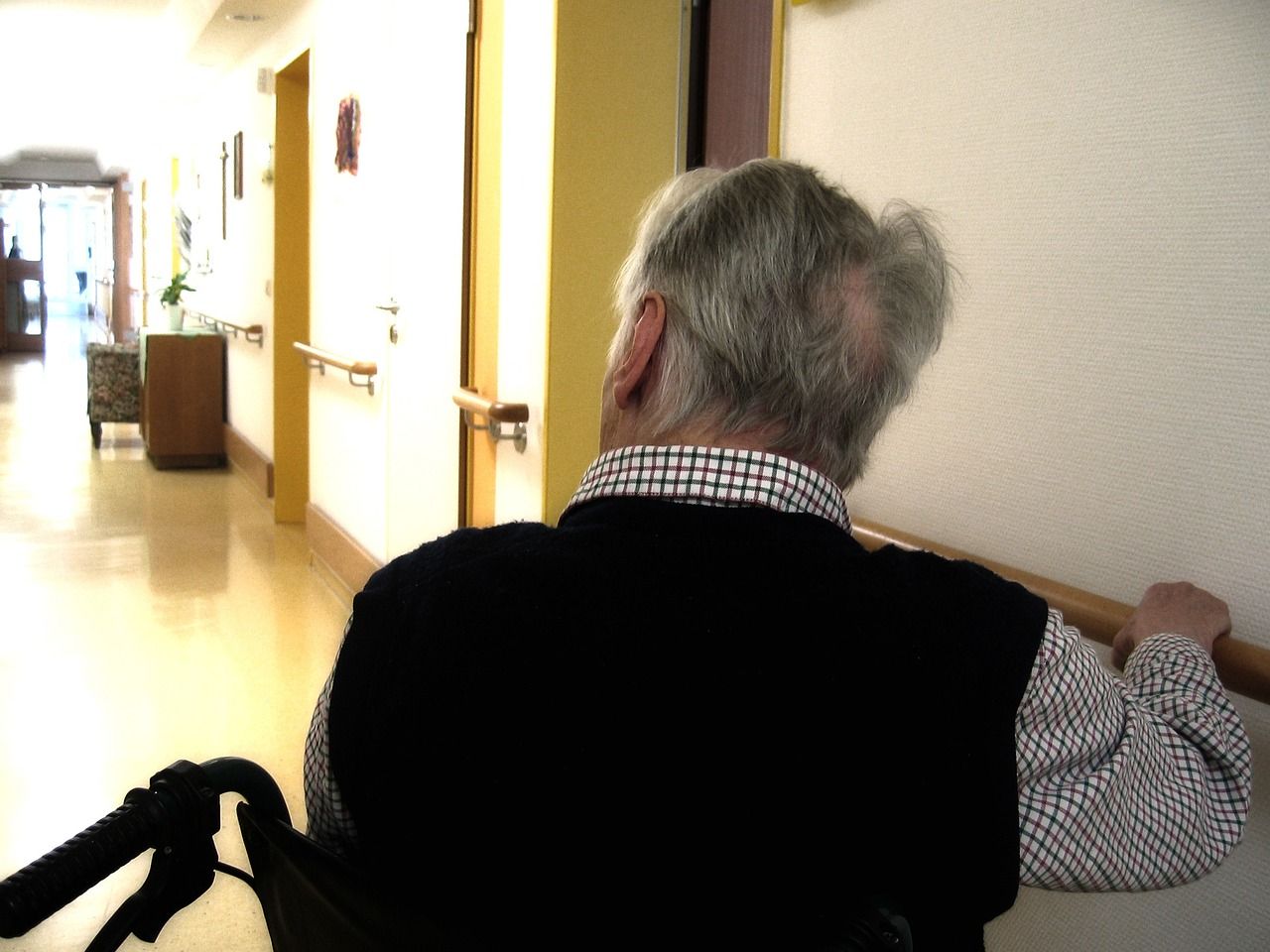
I want to share a story about Bob. Bob was a neighbor. He was the go to person for anything that needed to be fixed. He had a reputation in the neighborhood for being able to fix anything. Bob was outgoing and enjoyed being outside talking with everyone. Bob was the owner of an auto repair shop in the community. Bob was married and had 2 adult children that lived in other states. Over time, the neighbors started to notice that Bob was scheduling appointments to fix something and would not show up.
In the beginning, Bob was able to cover for his forgetfulness and used various excuses. Then, his employees started to notice he would forget the name of a regular customer. They became concerned when he was struggling to calculate the estimates. Something that once was so easy for him to do, now seemed to take much longer. His wife became concerned when she had calls from different vendors that had not ben paid in a while. then , there were times when he paid someone twice.
Bob had his own tool box and took pride in office and waiting room. everything was always neat , clean and organized. Over time, the office started to look cluttered. bob stopped cleaning the waiting room and bathrooms. He was starting to some issues with his thinking skills.
Behavioral Symptoms of Alzheimer's Disease
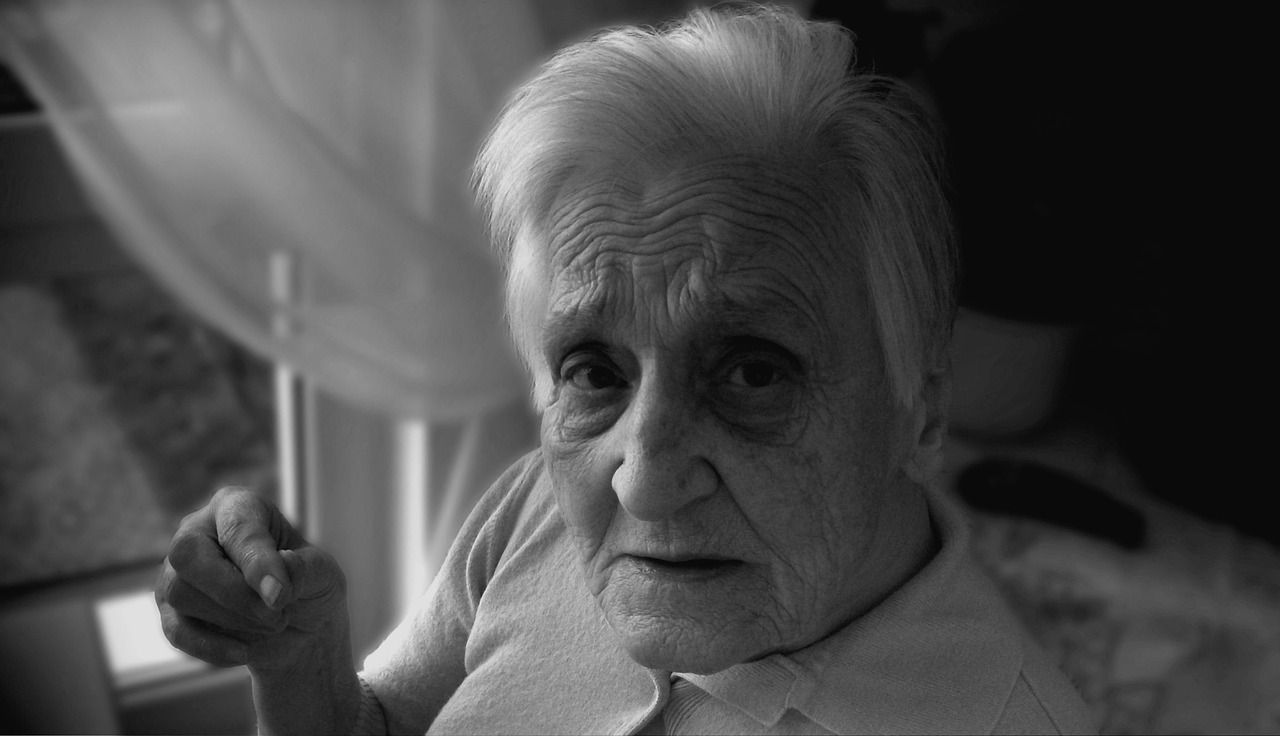
Behavioral symptoms such anxiety or aggression can manifest sudden shifts in mood & personality. All these are indicators of mild stages of this progressive disorder needing further medical evaluation. Poor Bob started to experience terrible anxiety. At times, this once very friendly man, became argumentative. His wife dismissed these changes as working too hard and stress. It was a situation when his oldest son and family came to visit that was the made everyone realize there was something more going on than stress.
Bob was out with his son and grandkids having lunch. Of course, bob wanted to drive. Everyone got in his vehicle and they were heading to their favorite diner. This was a place that they have ben going to since his adult children were young. As Bob was driving, he became lost. At first, his son and grandkids thought that Bob was pretending. It was when he responded with anger, frustration and fear that they realized something was not right and Bob needed further assessment by his healthcare provider.
Here is a list of early signs of Alzheimer's
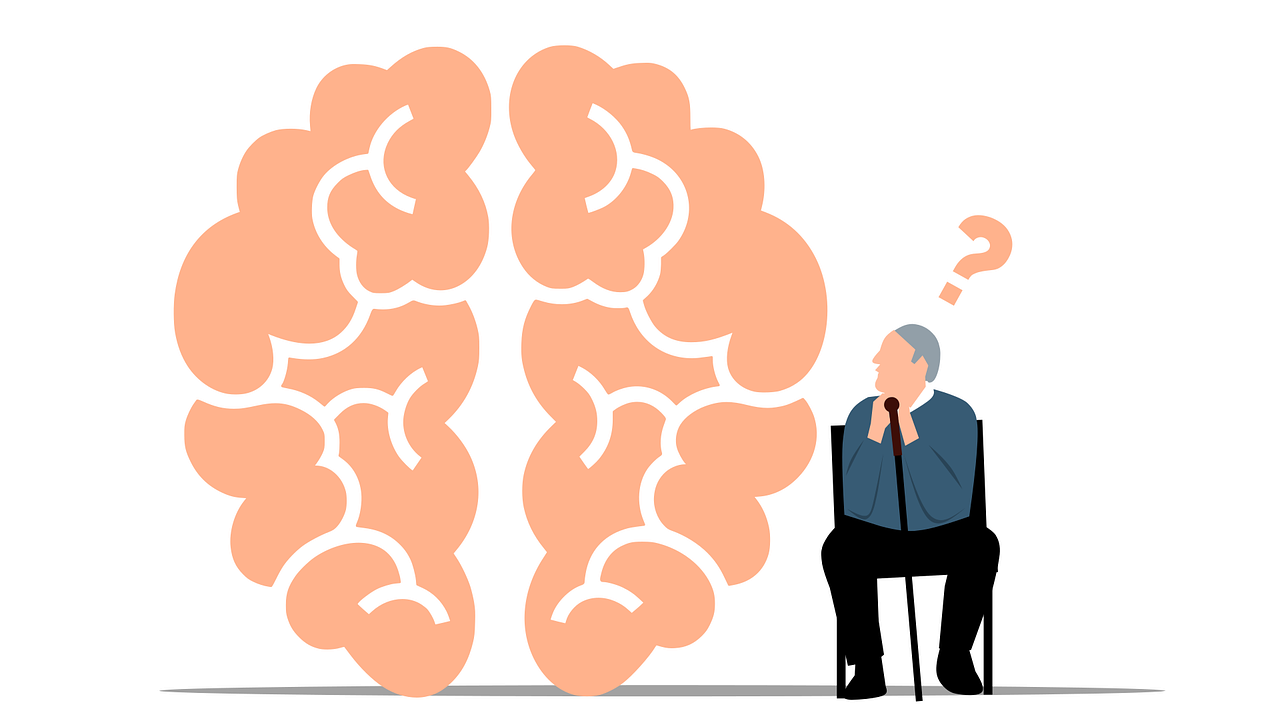
Problems can include:
Memory loss that disrupts daily life
Poor judgment, leading to bad decisions
Losing track of dates or knowing current location
Taking longer to complete normal daily tasks
Repeating questions or forgetting recently learned information or remembering recent events
Trouble handling money and paying bills
Challenges in planning or solving problems
Wandering and getting lost
Losing things or misplacing them in odd places
Difficulty completing tasks such as bathing
Mood and personality changes
Increased anxiety and/or aggression
The Middle Stages of Alzheimer's disease
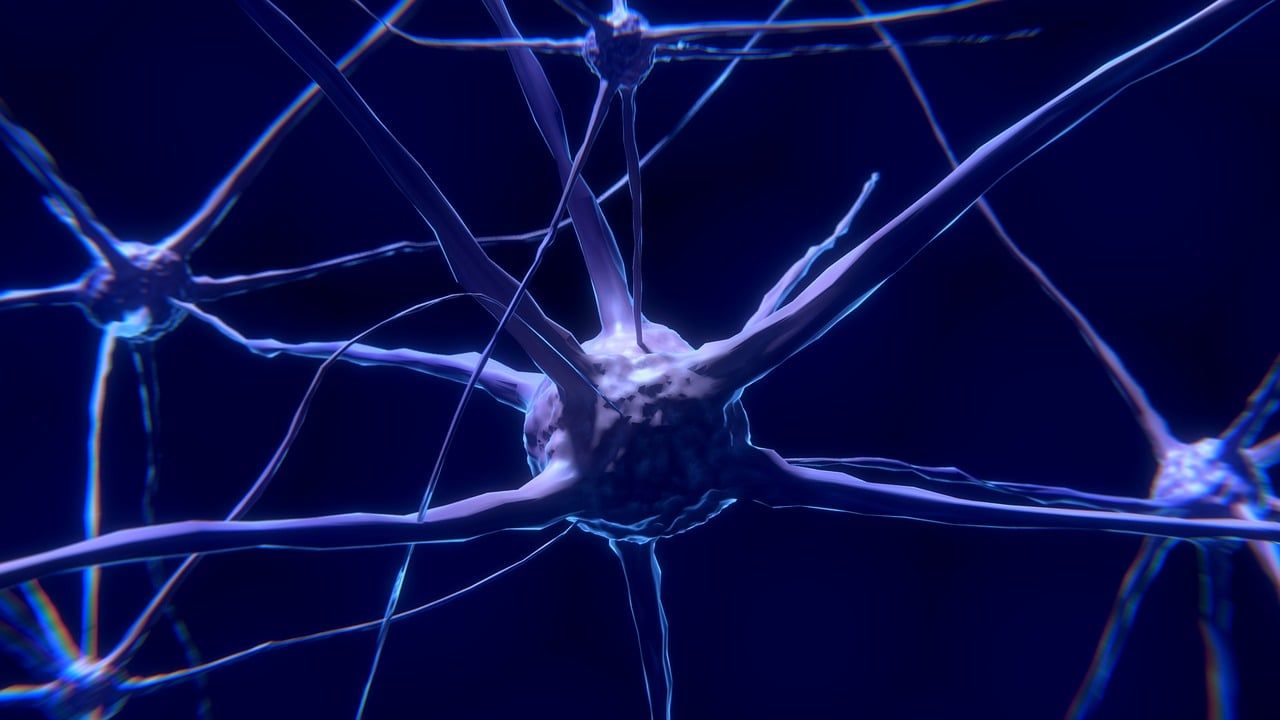
The middle stages of Alzheimer's disease can be demanding for the person with alzheimer's diseases as well as their caregivers . It is at his stage of dementia that you may witness brain changes exhibited changes in personalities, frustration, difficulty with normal tasks such as dressing or bathing - or even confusion in how to communicate thoughts. It is a in the middle stages of alzheimers your family member will be completely dependent on some activities of daily of daily living.
Though it might seem like an impossible situation at times, there are multiple resources available so both you and your loved one get all possible help through this long-lasting period of change.
How to Get a Diagnosis of Alzheimer's

Now I'd like to bring you back to Bob. Bob was seen by his primary care physician and had blood work and other lab tests done. The first thing that healthcare professionals look for is to rule out treatable conditions that present with dementia symptoms .
There are some conditions that cause memory problems that are treatable. These conditions have symptoms of a dementia , but, when treated early are reversible. The two conditions that come to my mind right away are low levels of Vitamin B 12 and urinary tract infection.
Caregiver Tip - If you have a family member that has a sudden change in their mental status, have them checked out for a urinary tract infection.
Bob was given the diagnosis of Alzheimer's disease after some scans and cognitive test. Of course, Bob had a grandfather that died of Alzheimer's disease.
Bob is presently in the middle stages of Alzheimer's. He has lost his ability to communicate verbally, except for a few words. He was able to sell his business and is presently being taken care of at home by his wife. I see them out walking everyday. He follows behind his wife as they walk their dog. Bob is no longer able to take this walk with his dog alone. recently he has gotten up in the middle of the night and wandered outside.
To keep him busy during the day, Bob uses a broom and sweeps the wooden floors everyday. He fold towels and helps in the kitchen, with stirring things. I think his wife is doing a great job at providing him with mentally stimulating activities. She has decided to start Bob in an adult day care center a few times a week for socialization and a break for her.
As the disease progresses, Bob's wife will be faced with placing him in a memory care unit , nursing home or keeping him at home. Bob has just started having difficulty with bowel and bladder control. She has found Bob urinating in the bathroom sink, because he could not find the toilet.
Signs of moderate Alzheimer’s disease

In this stage, more intensive supervision and care become necessary. These changes and increasing needs can be difficult for many spouses and families. Symptoms may include:
Increased confusion and memory loss, such as forgetting events or personal history
Withdrawal from social activities
Inability to learn new things
Difficulty with language and problems with reading, writing, and working with numbers
Difficulty organizing thoughts and thinking logically
Shortened attention span
Problems coping with new situations
Changes in sleeping patterns, such as sleeping more during the day and being restless at night
Difficulty carrying out familiar, multistep tasks, such as getting dressed
Occasional problems recognizing family and friends
Hallucinations, delusions, and paranoia
Impulsive behavior, such as undressing at inappropriate times or places, or using vulgar language
This reminds me of a pastors wife I cared for. This little lady could swear like a drunken soldier. The congregants stopped visiting because they felt uncomfortable with her vulgar outbursts. Her poor husband was mortified. I told him she is many up for all the times she wanted to swear but held back. she's making it up for it now.
We had a meeting with several family members and friends and discussed the disease process. It was important for others to understand that this was not something she was able to control.
Continuing my list on symptoms of middle stages of Alzheimer's
Inappropriate emotional outbursts
·Restlessness, agitation, anxiety, tearfulness, wandering — especially in the late afternoon or evening, called Sundowning
Repetitive statements or movement, occasional muscle twitches
Last Stage of Alzheimer's Disease
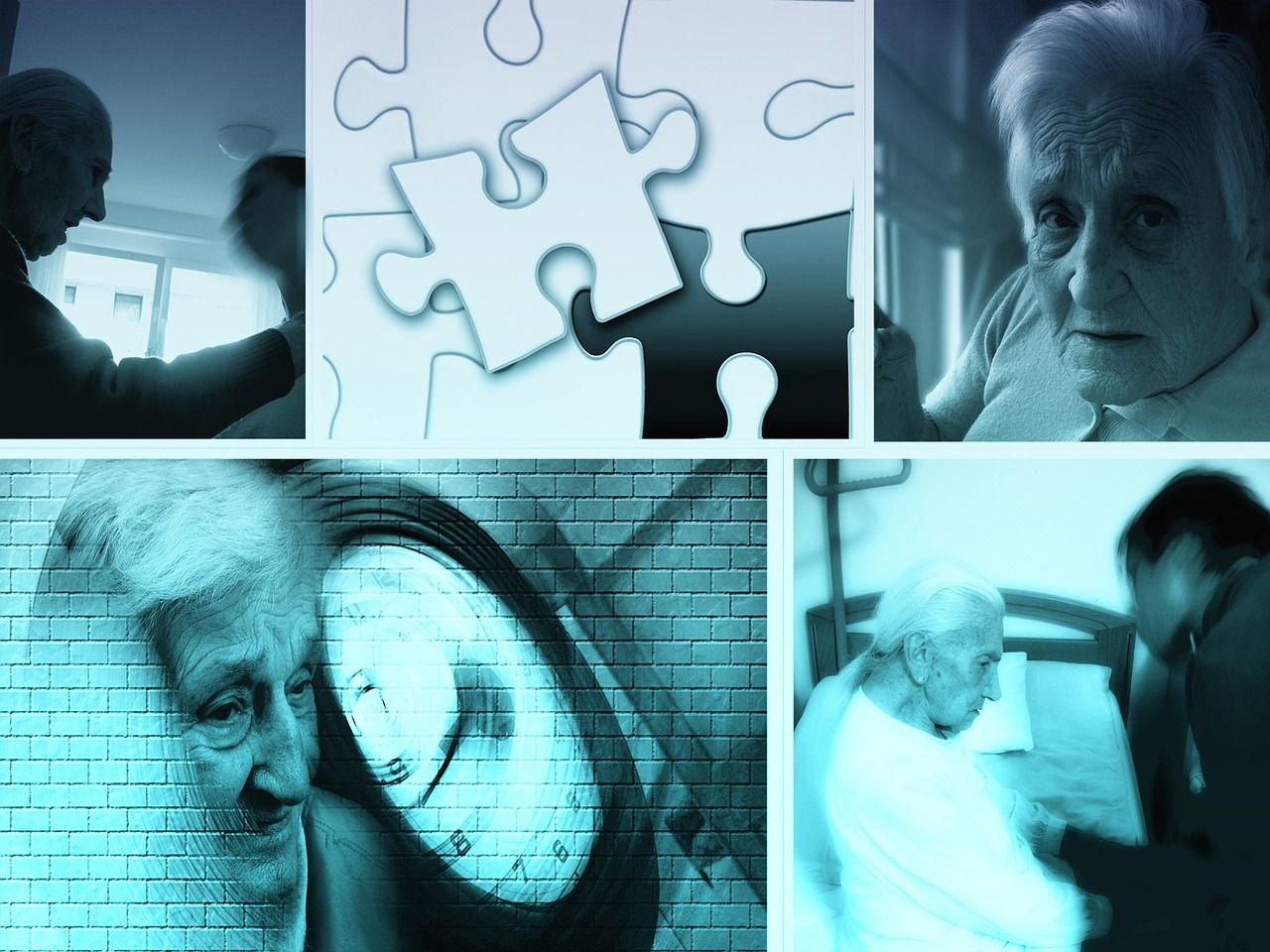
When dementia reaches its last stage, individuals are no longer able to interact with their environment or understand conversations. As cognitive skills and memories become more impaired, drastic differences in personality may also arise, meaning that full-time care becomes necessary.
Physical abilities can often be affected too; walking difficulties, sitting troubles and swallowing problems have all been commonly reported among those suffering from the advanced stages of this condition.
This is the stage of Alzheimer's when you may want to consider placing your family member with dementia on hospice. If you are not ready for hospice, at least consider palliative care. The extra support during this time will help you make decisions as the disease progresses.
The symptoms of Alzheimer's disease start as subtle changes in personality and behaviors and advances to increased memory problems and more challenging behaviors. I recommend that you join a support group , either online or an in person support group.
You might also like this article:




